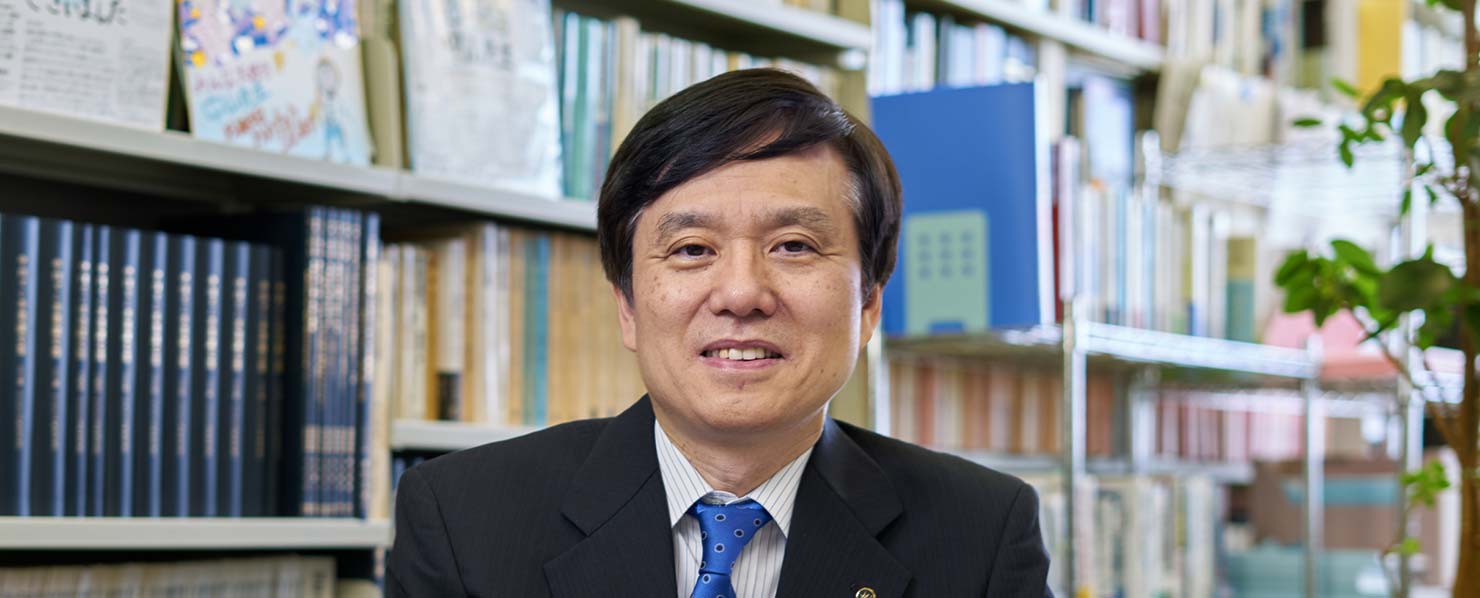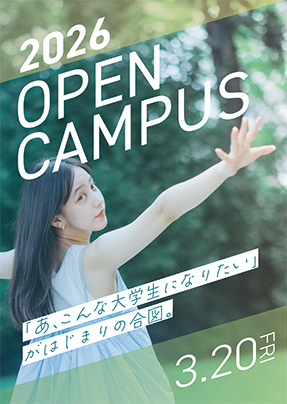Professor
Masashi Nakayama

Profile
| Specialized Field | International Law, International Organizations, Peace Studies |
|---|---|
| Research theme | International Constitutionalism and International Law, the United Nations and Human Security |
| research content | Nakayama's seminar aims to develop and produce global talent with a global perspective who will play an active role in Japan and the world under the theme of "SDGs and Human Security - From the Perspective of International Law and Peace Studies". The seminar started with the 23rd class of Soka University, and has over 500 alumni. Many of the seminar students have won awards such as the Founder's Award, Da Vinci Award, and Schliemann Award, and many of the seminar students have participated as representatives in various international conferences, including the Girls20 Summit in 2015 and 2017, an international conference that brings together young women representatives from each of the G20 countries. The appeal of human security and international law International law is an important tool for achieving this goal. As the law of the international community that regulates relations between sovereign states, it has played an important role in realizing peace through law, including the regulation of military force, conflict resolution, international protection of human rights, and protection of the global environment. It has also played a major role in issues of order and justice in the international community through the adjustment of interests between nations and the realization of common interests. In particular, in today's international relations, where nationalism and "peace through strength" are prominent, the question of how to realize "peace through law" is being asked once again. Some people may have the impression that international law is difficult, but it is a very fascinating and interesting subject. First, international law is dynamic. In other words, the scope of international law is extremely broad, both geographically and in terms of fields. International law determines the rules of the seas, the skies, and even outer space. Secondly, it is related to various global issues and peace problems, such as conflict resolution, human rights, refugees, global environmental issues, terrorism, and war crimes. I am concerned about how international law can contribute to these issues. In other words, international law is essential when considering the realization of peace through the "rule of law." Thirdly, international law can be said to be immature in terms of universality and effectiveness compared to domestic law, but this is due to the difference in the structure of domestic society and international society. In other words, it is a law that continues to grow precisely because it is immature, and it is through international law that we can see the world. In this seminar, we will consider the progress and actions of the international community since the modern era, and consider global issues surrounding "peace," "human rights," "development," and "the environment," focusing on actors such as nations, international organizations, NGOs, civil society, and corporations, in order to think about a peaceful order for the 21st century that is in keeping with human dignity. |
| Subjects in charge | Special topics in international law, International organizations, Human security, Human security workshop, Human security fieldwork, Thematic seminars, GCP tutorials |
| Seminar Theme | "SDGs and Human Security: From the Perspective of International Law and Peace Studies" |
| Seminar Introduction | Skills you want to acquire in the seminar A seminar is a community of knowledge where students with the same interests gather under a professor who is dedicated to research in a particular field, and experience the depth and fascination of academics through thorough intellectual exploration. It is also a place where students in the seminar and between students and faculty can build lifelong friendships and memories through personal interactions. In that sense, seminars can be said to be the highlight of university life. We warmly welcome all motivated students. |
| Main career, work history, and academic background |
|
| Affiliated academic societies and organizations | Japan Association of International Law, World Law Association, Japan Association for United Nations Studies, Japan Association for Peace Studies, Japan Society for Human Security Studies, Japan Association of Asian Associations of International Law |
| Main Papers and Publications | Publications: "Introduction to the United Nations: Peace and Security from the Perspective of Ideals and the Field" (Chikuma Shobo), "Peace Studies Aiming for Global Citizenship" and "What are Human Rights?" (Daisanbunmeisha) (all co-authored) Translated book: "Global Political City" (Ushio Publishing) Articles: "Humanitarian Intervention and the Challenges of the United Nations," "The Intersection of State and Human Security Regarding Nuclear Abolition," "The Draft World Constitution and the Current State of Human Rights Protection," "Human Security and International Law - With a Focus on the Theory of the Responsibility to Protect," "70 Years of the Universal Declaration of Human Rights - Reading the Dialogue between Ikeda and Atayde" |
| Message | It's been a while since I was a Faculty of Law student, but I studied on the Soka University campus and have many fond memories of my youth. For what purpose should one cultivate wisdom? May you always ask yourself this question! Whenever I got stuck, I tried my best, asking myself the words of the founder of Soka University, who is depicted in this bronze statue. What is the purpose of coming to Soka University and what is the purpose of studying here? First of all, I would like to say that I hope that you will never forget your original intention, your dreams and ideals. The university is truly the stage on which you will realize your dreams. |
| Specialized Field | International Law, International Organizations |
|---|---|
| Research theme | 1. International Constitutionalism and International Law |
| research content | With an awareness of the rule of law and the role of international law in the international community, I have been conducting research focusing on the implementation and changing functions of the peace and security sectors. In particular, I have been examining, from the perspective of global law, the issues of regulating the use of force by law and the challenges and prospects for building a world order based on the protection of human rights and humanitarianism while balancing this with national sovereignty, focusing on the issue of the regulation of the use of force by law. |
| Research and Education Policy | In terms of research, I would like to continue my studies under themes such as "International Constitutionalism and International Law," "The United Nations and Human Security," and "The Intersection of International Law and Peace Studies." In terms of education, I would like to support students in turning their concerns into papers while cultivating their ability to analyze and understand the actual state of application of international legal norms with regard to various issues in the international community. |
| Message | In conducting research, it is important to always be conscious of problems and to think things through for yourself while engaging in various advanced and cutting-edge research. Through this steady intellectual struggle, I hope you will experience the thrill of research - the pursuit, discovery, and creation of truth. |
| Subjects in charge | International Law |
|---|


